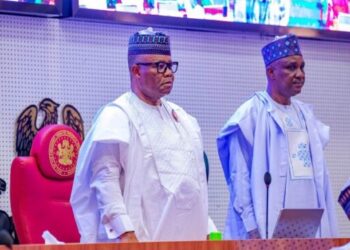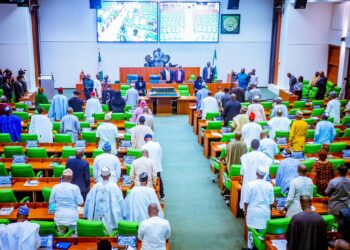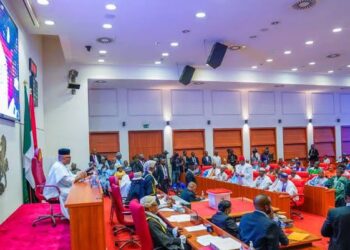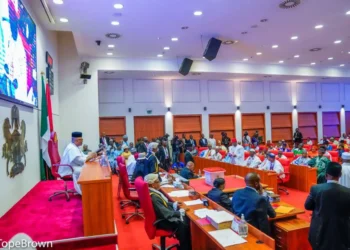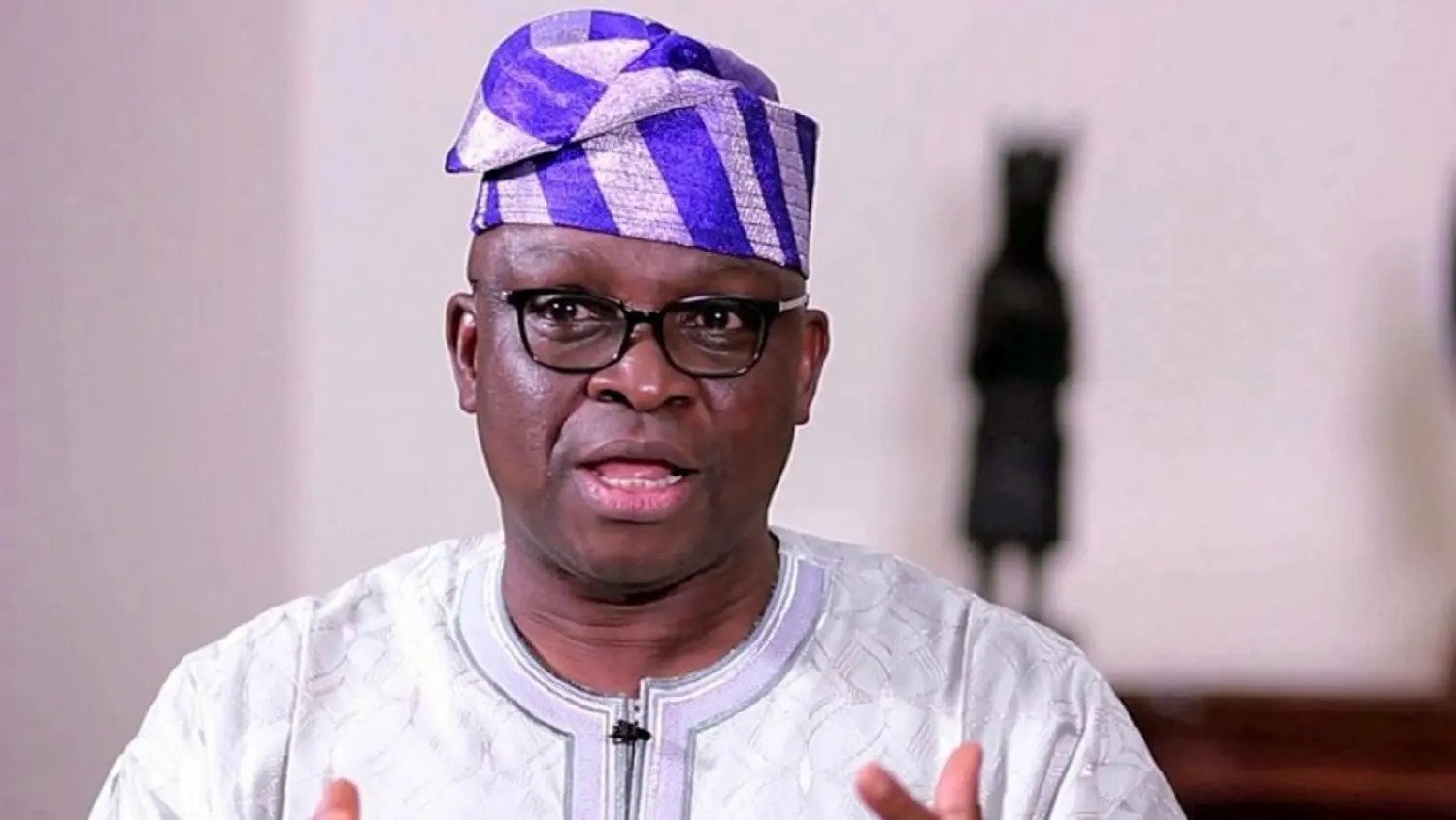The Minister of State for Petroleum Resources, Timipre Sylva has disclosed that a new Petroleum Industry Bill (PIB) would be sent to the National Assembly next week in order to pass it into law by mid-2020.
According to Sylva, the non-passage of the bill has been a challenge as it has hampered and delayed investments coming into the oil sector. He emphasized that the lack of a bill brings a lot of uncertainty to the investment climate, therefore, its passing is essential to attract the much-needed funding to Nigeria’s oil sector.

Why this matters: Over the years, there have been various reviews of the bill under different administrations, however, it has never been signed into law. This has affected the oil sector and in turn the country negatively.
When the bill is finally signed into law, it would help in pushing oil companies and investors to invest in Nigeria’s oil sector, thereby stimulating growth and increasing government revenues.
More details: Reuters reported that the most recent version of the bill was sent during President Muhammadu Buhari’s first term. However, there were disagreements between the lawmakers and the executive which led to its rejection.
[READ MORE: Revenue from petroleum resources not enough for Nigeria – Buhari)
Nevertheless, Sylva said the review had reached an advanced stage and was on it’s way to being adopted. Speaking further, he said although the ministry and the National Assembly were on the same page, he hoped international oil majors were also on board.

What you should know: The Petroleum Bill is one of the oldest bills in the Nigerian Legislature. It seeks to promote best practices in the management of the extraction of Nigeria’s oil and it was first introduced in 2008 by the then President Umaru Yaradua.
It is also intended to deregulate and liberalise the downstream petroleum sector, create efficient and effective regulatory agencies and promote transparency and openness in the administration of the petroleum resources in Nigeria.









